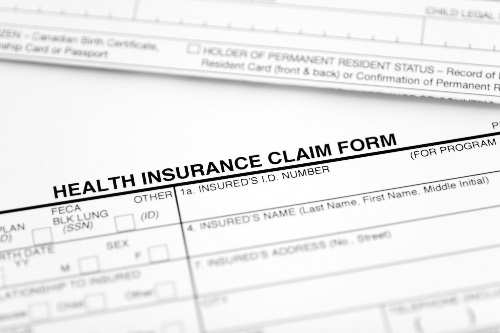The California State Department of Public Health’s (CDPH’s) Childhood Lead Poisoning Prevention Branch has released updated guidance for medical providers. In summary:
- Test all children at one and two years old. However, you should also test children older than two who haven’t been tested.
- The lead test must be venous.
- Children who test positive for elevated blood lead level (BLL) need treatment: see instructions.
Learn more about CDPH’s childhood blood lead screening guidelines.
Screening other patient populations
For recently arrived refugees six months to six years old, the Centers for Disease Control and Prevention (CDC) offers this lead screening guidance:
- Test for BLL within 90 days of arrival to the US (and preferably within 30 days).
- Conduct a follow-up lead test within three to six months post-resettlement, regardless of initial BLL screening results.
For patients who are pregnant, CDC guidelines recommend conducting a blood lead test when there has been potential lead exposure. Also explain the importance of avoiding lead exposure during pregnancy due to the dangers, which include:
- Increased risk of miscarriage, premature birth and low birth weight.
- Harm to the baby’s brain, kidneys and nervous system.
- Childhood learning and/or behavior problems.



